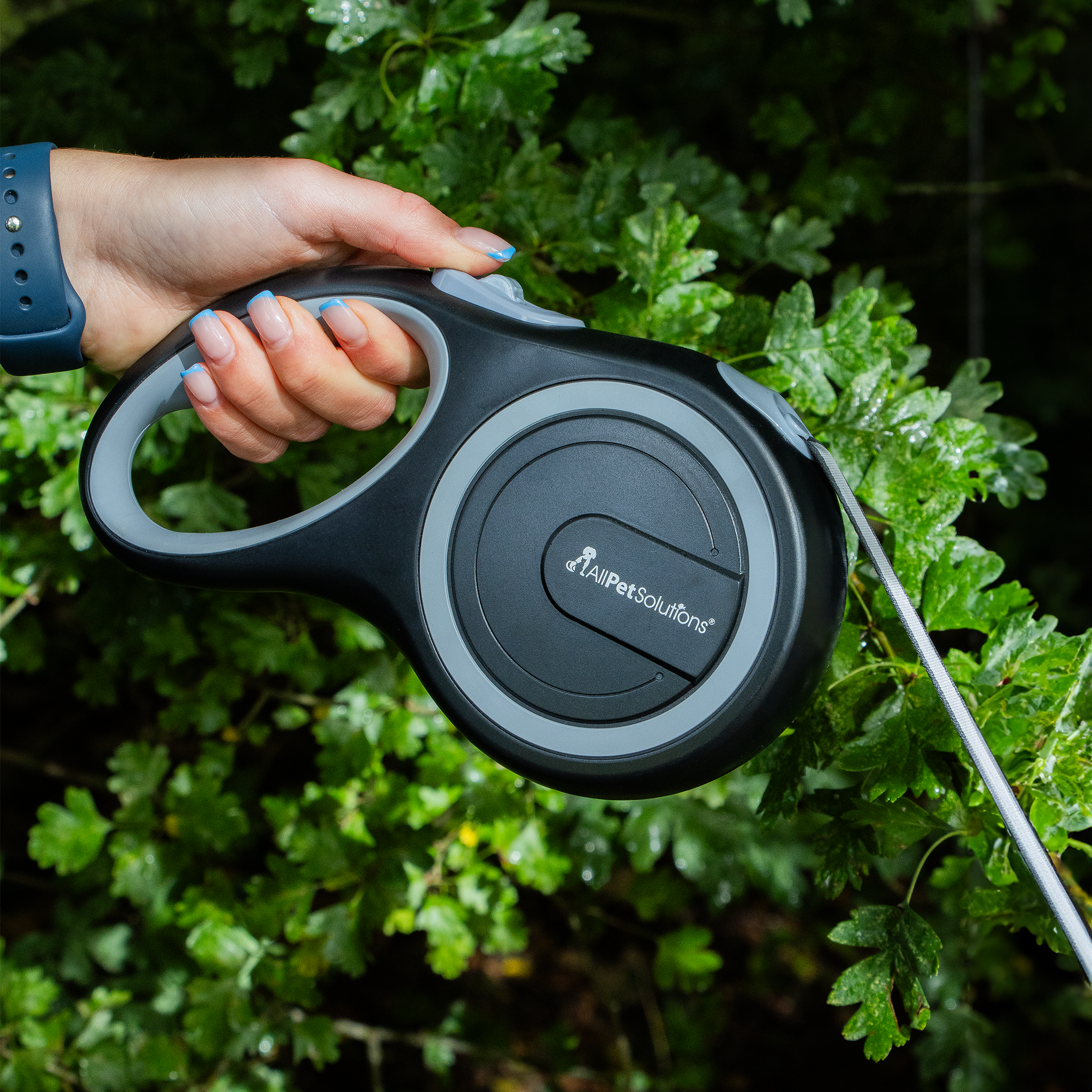Tips & Advise on how to help your teething puppy
Much like us your puppy will go through teething twice. Many puppies cope well with the teething process however, there are a few extra things you can do to help your puppy go through teething.
When do puppies teeth?
Puppies will have teethed twice by the age of one. Puppies will teeth first at 2 to 3 weeks. Many new owners will not see the puppy go through this, as this usually happens while they are still with their mother.
Your puppy will have around 28 deciduous teeth (milk teeth) by the time you bring them home, between 7-8 weeks old. At around 8 weeks your puppy may start to lose their teeth. They should have their full set of 42 adult teeth by around 8 months old.
Symptoms to look out for
When you puppy is around 3 to 4 months old you may start to notice the below signs showing your puppy is beginning to teeth.
• Blood on toys- Don’t panic if you start noticing spots of blood on your puppy’s favourite toys. This is completely normal. This will be where a tooth has come loose and fallen out. The bleeding will stop itself. Keep an eye out in your puppy’s toys and on the floor for your puppy’s baby teeth.
• Increased chewing- Your puppies’ natural way of soothing the dull pain would be by chewing. This will increase during the teething period. We would highly recommend keeping anything that you don’t want chewed out of your puppies reach.
• Increased drooling- You may notice your puppy is drooling more than usual. This is completely normal as the gums may be sore and slightly swollen.
• Hesitating to eat- Often if the food is crunchy, they may struggle to eat without pain being caused. We would recommend having a softer alternative they could eat. Storing the food in the fridge will help soothe the ache and swelling in the gums.
You may notice your puppy choosing to eat slower and cautiously to ensure it does not cause pain. We have a range of wet puppy food which may be more suitable for your puppy whilst they are going through the teething stage.
Helping your puppy
It can be very hard to watch your puppy go through this pain. Often, they will whine and run a low temperature which can cause distress for you. However, there are ways of helping your puppy through this. Teething toys are a huge help for teething puppies. Get them a few chew toys which will keep them occupied.
You can also buy toys which with have holes or puzzles which you can put food in like their treats or peanut butter which will keep them occupied for hours. One of the most popular toys for this is the KONG toy. We have a few sizes you could select the right size for your puppy. We would recommend filling the hole with food or paste and putting the toy in the fridge. Once the toy has cooled this will be very soothing on your puppy’s gums.
Oral hygiene:
During the time your puppy is teething and in a low stress environment, it is advised to carefully put your fingers inside your pups mouth to create a normal socialisation. This will later allow you to brush the dogs teeth as part of a happy routine.
There are some other options to maintain good oral hygiene while teething. Tropiclean have a Puppy oral care gel which is a good solution while your pup may find brushing too painful. Simply apply a small drop to either side of your puppy’s mouth. Your puppy will do all the work from there. You will notice they may lick their lips a lot however, this will be their way of spreading it around their mouth. To make this soothing for your puppy store in the fridge so it is cool on your puppy’s gums.
When to call your Vet
Teething is a normal part of your puppy growing up and it is normal for them to feel some discomfort through teething. However, that is not to say there may not be complications. It is very common for teeth to be removed during this stage.
If you notice your puppy experiencing any of the below symptoms it would now be time to call your vet: • If your puppy is 6 months plus and still has puppy teeth remaining
• Trouble eating or reluctance to eat or chew
• Dropping food from their mouth whilst eating
• Rubbing around their mouth
• Odour coming from their mouth
This is particularly common in toy breeds due to their mouth being so small. However, this issue can be experienced in any breed, so it is something to keep an eye on. Remembering these tricks should ensure you are able to get through the difficult teething period with ease.
Good luck with guiding your puppy through these first few months of life.

